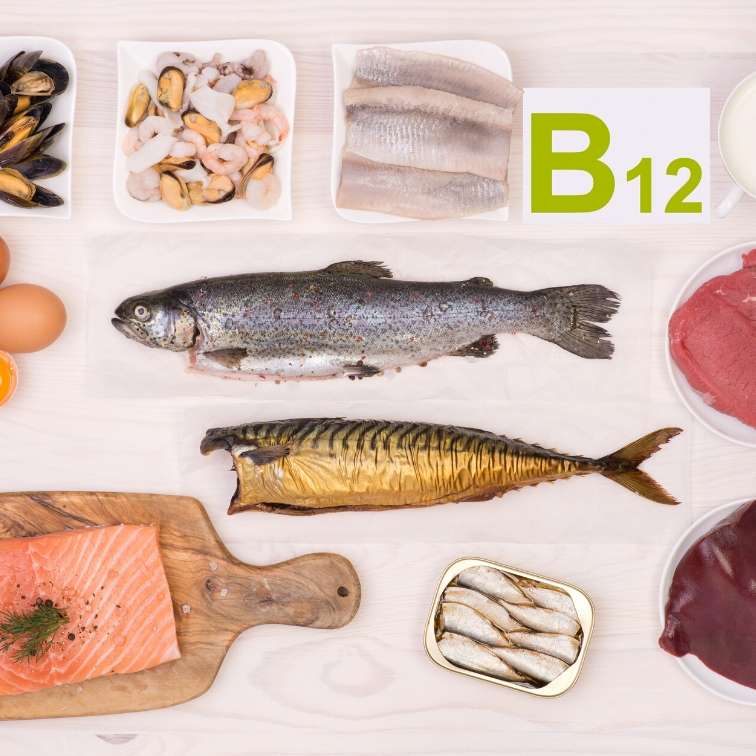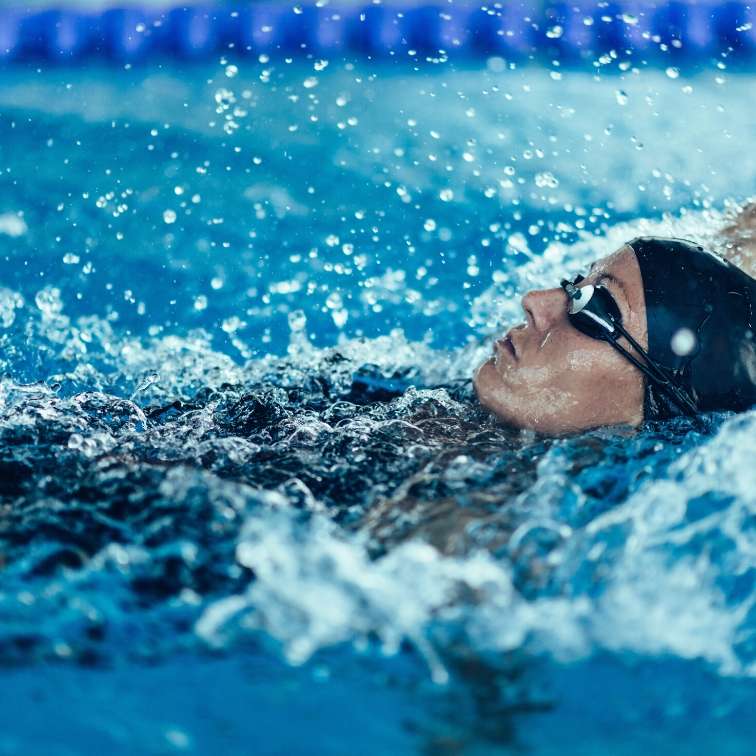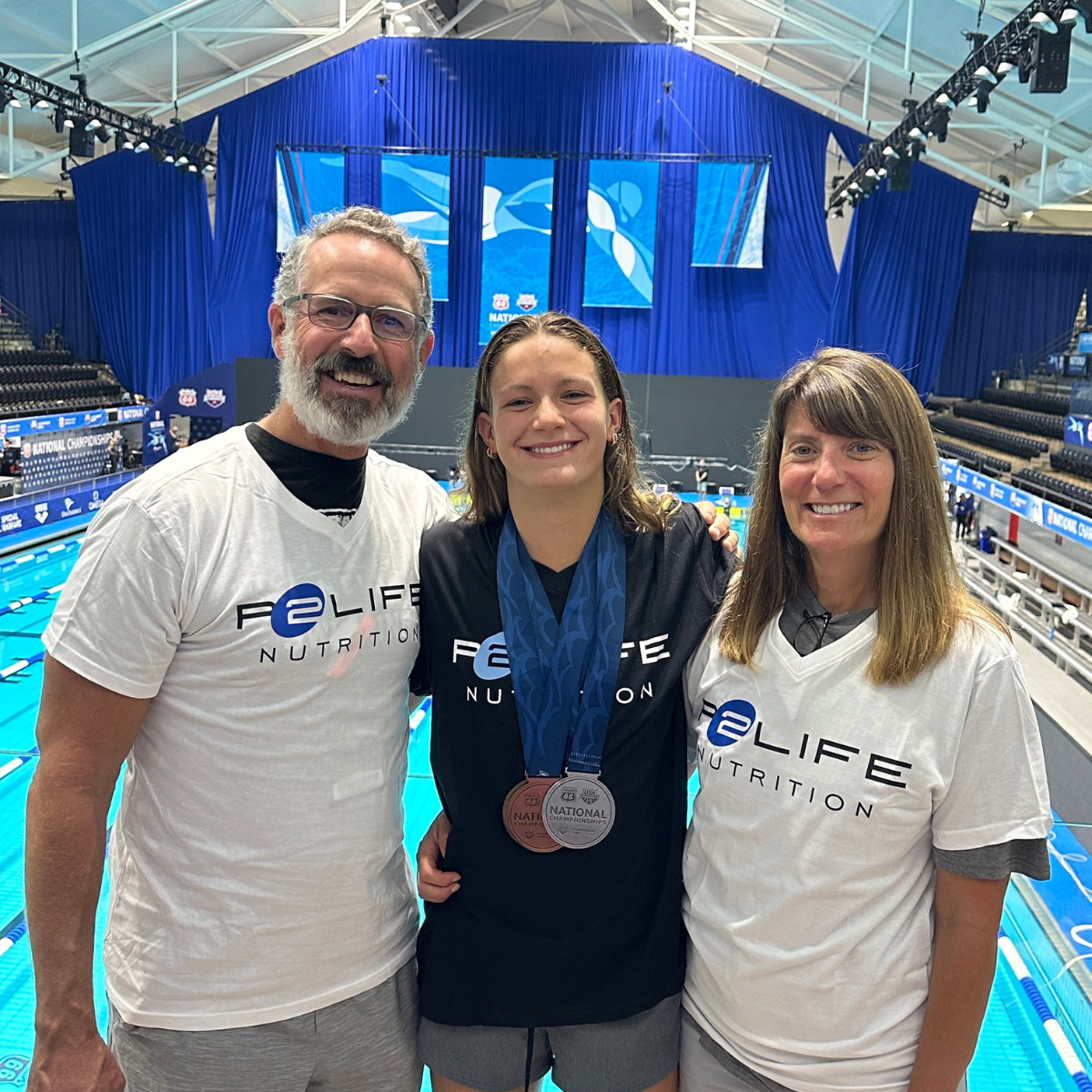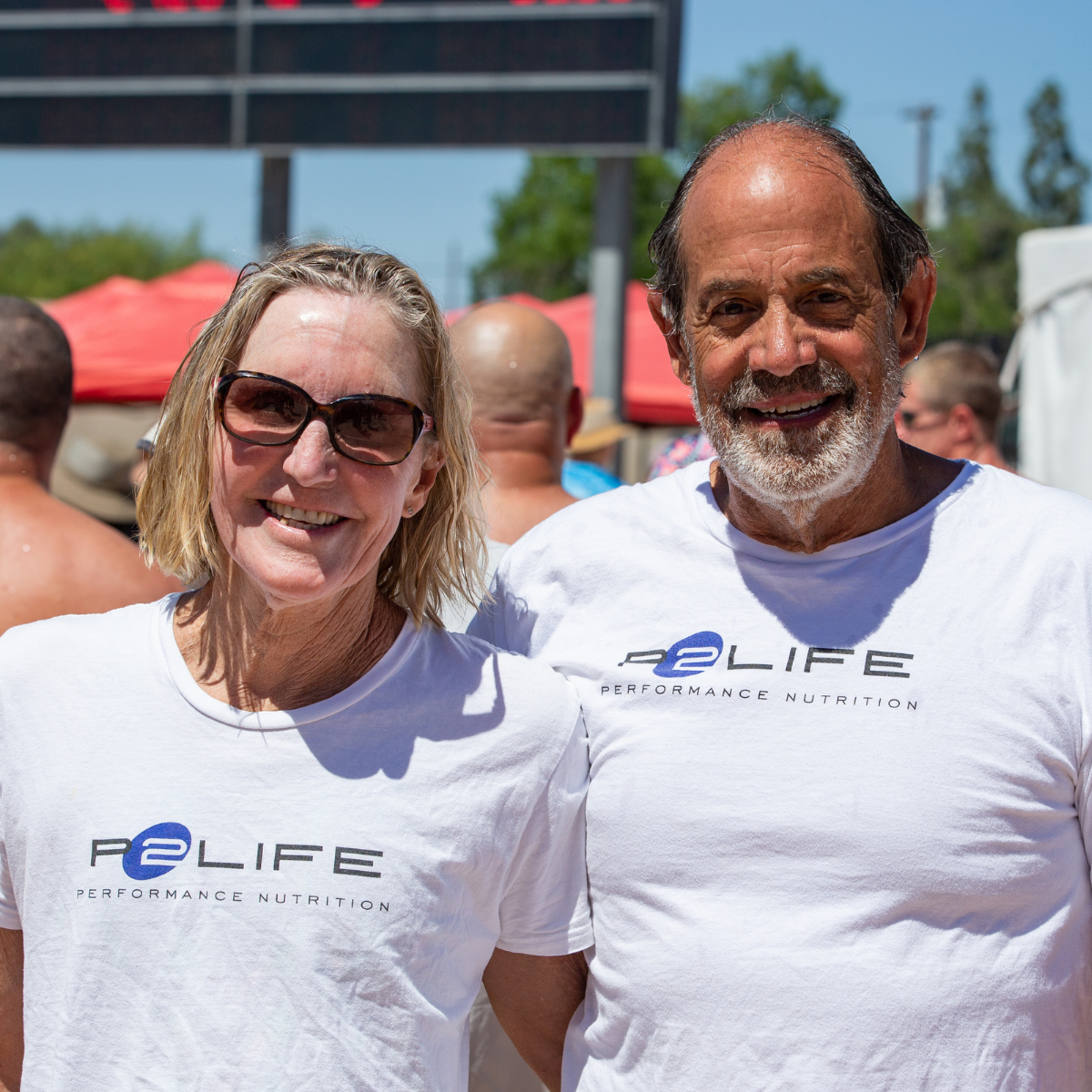
Why Vitamin B12 Helps Your Body After a Swim Meet
After a swim meet, the last thing you're probably thinking about is the composition and dynamics of certain vitamins and what they're doing for your health. Instead, you're either celebrating the success of a broken record, or analyzing what you did wrong if you didn't reach your personal goals. But there are certain vitamins, minerals, and nutrients that you should be getting after a swim meet and Vitamin B12 is one of those. Let's focus on this member of the Vitamin B family and why it's important for your health.

Protein Synthesis
The micronutrients of B vitamins, especially Vitamin B12, are used to convert protein and carbohydrates into energy. When you don't have enough of these vitamins, your body doesn't convert these nutrients quickly enough for your body to use them. If you're drinking a protein shake after your swim meet, but it doesn't have the proper vitamins, you're doing your body a disservice because your body isn't able to metabolize everything quickly and get you back to 100%. Our NutriBoost shake has a proper mix of protein, carbs, and Vitamin B12 to provide your body the ideal ratio of nutrients.
Tissue repair
After an intense swim meet when you have pushed your body to the max, there are tissue tears throughout your body that need to be healed before your next meet or workout. Vitamin B12 is required for the production of red blood cells, tissue repair, and maintaining the health of your central nervous system. The B vitamins, especially B12, stimulate the neurological tissue responses required for repairing muscles and they also help to metabolize the other nutrients that are needed to maximize this repair phase.
Avoid Dizziness
It's natural to feel a little out of breath after an intense meet, but extreme signs of exhaustion signal a Vitamin B deficiency and may prevent you from performing at subsequent races later that day, or even the next day. You may be tired, have shortness of breath, dizziness, chest pain, headaches, and even fainting spells if your vitamin B deficiency is severe. Avoid these symptoms by fueling up on Vitamin B12 rich foods like milk, yogurt, eggs, leafy greens, meat, fish, and seaweed.
Prevent Anemia
If you're avoiding dairy or eggs, are a vegetarian athlete, or have digestion issues like celiac disease that prevent Vitamin B12 from being absorbed properly, your body may be at risk for developing anemia. Anemia is a condition that develops in your body when you don't have enough healthy red blood cells. Since Vitamin B12 helps with the production of red blood cells, getting enough of this nutrient can help prevent anemia. Early signs of anemia are fatigue, but female athletes may also be at a higher risk because of monthly menstruation and blood loss. Getting the proper intake of Vitamin B12, as well as other nutrients after a swim meet is an important step to overall health and great performance all season long.
Eating a well-balanced nutrition plan is an important part of your performance training plan as an elite swimmer. Don't neglect key nutrients, like Vitamin B12, and focus on getting everything your body needs to repair, heal, and rejuvenate for the next day!
Sources:
http://www.medscape.com/ viewarticle/717046_8
http://www.livestrong.com/article/ 418931-what-happens-when-you- exercise-with-a-vitamin-b-deficiency/
http://sportsmedicine.about.com/od/sportsnutrition /a/B_Vitamins.htm
http://ajcn.nutrition.org/content/72/2/598s.full
http://extension.oregonstate.edu/ news/release/2006/11/ b-vitamins-play-important-role- athletic-performance
https://ods.od.nih.gov/factsheets/ VitaminB12-HealthProfessional/










Leave a comment
This site is protected by hCaptcha and the hCaptcha Privacy Policy and Terms of Service apply.